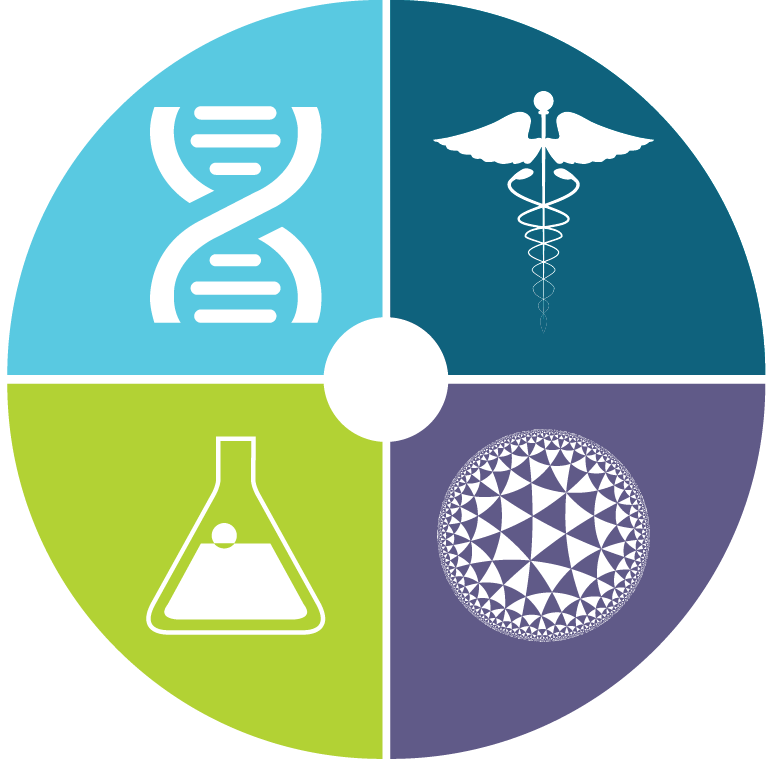Time's arrow flies like a bird: two paradoxes for avian circadian biology.
| Author | |
| Abstract |
:
Biological timekeeping in birds is a fundamental feature of avian physiology, behavior and ecology. The physiological basis for avian circadian rhythmicity has pointed to a multi-oscillator system of mutually coupled pacemakers in the pineal gland, eyes and hypothalamic suprachiasmatic nuclei (SCN). In passerines, the role of the pineal gland and its hormone melatonin is particularly important. More recent molecular biological studies have pointed to a highly conserved mechanism involving rhythmic transcription and translation of "clock genes". However, studies attempting to reconcile the physiological role of pineal melatonin with molecular studies have largely failed. Recent work in our laboratory has suggested that melatonin-sensitive physiological processes are only loosely coupled to transcriptional oscillations. Similarly, although the pineal gland has been shown to be critical for overt circadian behaviors, its role in annual cycles of reproductive function appears to be minimal. Recent work on the seasonal control of birdsong, however, suggests that, although the pineal gland does not directly affect gonadal cycles, it is important for seasonal changes in song. Experimental analyses that address these paradoxes will shed light on the roles the biological clock play in birds and in vertebrates in general. |
| Year of Publication |
:
2009
|
| Journal |
:
General and comparative endocrinology
|
| Volume |
:
163
|
| Issue |
:
1-2
|
| Number of Pages |
:
109-16
|
| Date Published |
:
2009
|
| ISSN Number |
:
0016-6480
|
| URL |
:
https://linkinghub.elsevier.com/retrieve/pii/S0016-6480(09)00011-2
|
| DOI |
:
10.1016/j.ygcen.2009.01.003
|
| Short Title |
:
Gen Comp Endocrinol
|
| Download citation |


